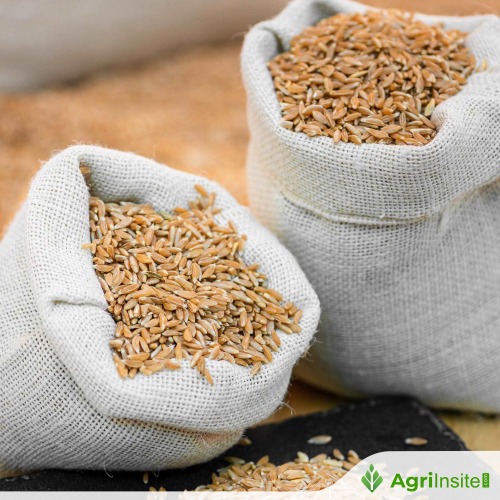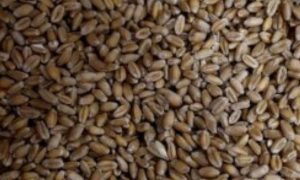Indonesia to Prioritize Wheat, Soybean Imports from US Amid Tariff Deal

Indonesia plans to prioritize wheat and soybean imports from the US under a \$4.5 billion trade deal. The agreement lowers tariffs, removes non-tariff barriers, and ensures annual purchases of US wheat. It aims to stabilize food prices and boost imports only when local output falls short, protecting domestic farmers.
Indonesia has unveiled plans to prioritize wheat and soybean imports from the United States as part of a comprehensive trade agreement that reduces tariffs and establishes new agricultural trade channels between the two nations. This initiative is tied to a $4.5 billion agricultural import commitment, linked to a broader reciprocal deal encompassing energy purchases and aircraft acquisitions.
Agriculture Minister Andi Amran Sulaiman confirmed that wheat and soybeans are the primary focus of the import strategy, citing domestic supply shortages and the need to stabilize food prices. “We are focusing on importing wheat and soybeans from the US. These are the two main commodities,” Amran stated, noting that dairy products may be considered in future phases. The agreement was finalized during a July 16 phone call between US President Donald Trump and Indonesian President Prabowo Subianto.
Under the deal, Indonesia will eliminate several non-tariff barriers and recognize US FDA certifications for certain goods, while the US will reduce tariffs on Indonesian exports to 19% from a previously proposed 32%. According to Indonesia’s Central Statistics Agency (BPS), soybean imports reached 2.68 million tons in 2024, up nearly 18% from the previous year, with the majority sourced from the US. Wheat imports totaled 8.44 million tons in the first nine months of 2024, valued at $2.56 billion.
To strengthen the partnership, the Indonesian Flour Producers Association (APTINDO) signed a memorandum of understanding with US Wheat Associates, committing to purchase 1 million metric tons of US wheat annually from 2026 to 2030. Analysts suggest this could significantly reshape Indonesia’s grain sourcing landscape, which has traditionally relied on Australia and Canada. Although US wheat previously accounted for only 6–7% of total imports, the new deal is expected to substantially increase its share.
Minister Sulaiman emphasized that imports will only proceed if domestic production falls short, ensuring protection for local farmers. “We will continue to safeguard our farmers. Imports will only occur when domestic production cannot meet national needs,” he added. The agreement is seen as mutually beneficial, opening new markets for American farmers while enabling Indonesia to meet rising food demand without compromising local agricultural interests.
To Read more about Wheat News continue reading Agriinsite.com
Source : Ukr Agro Consult

















